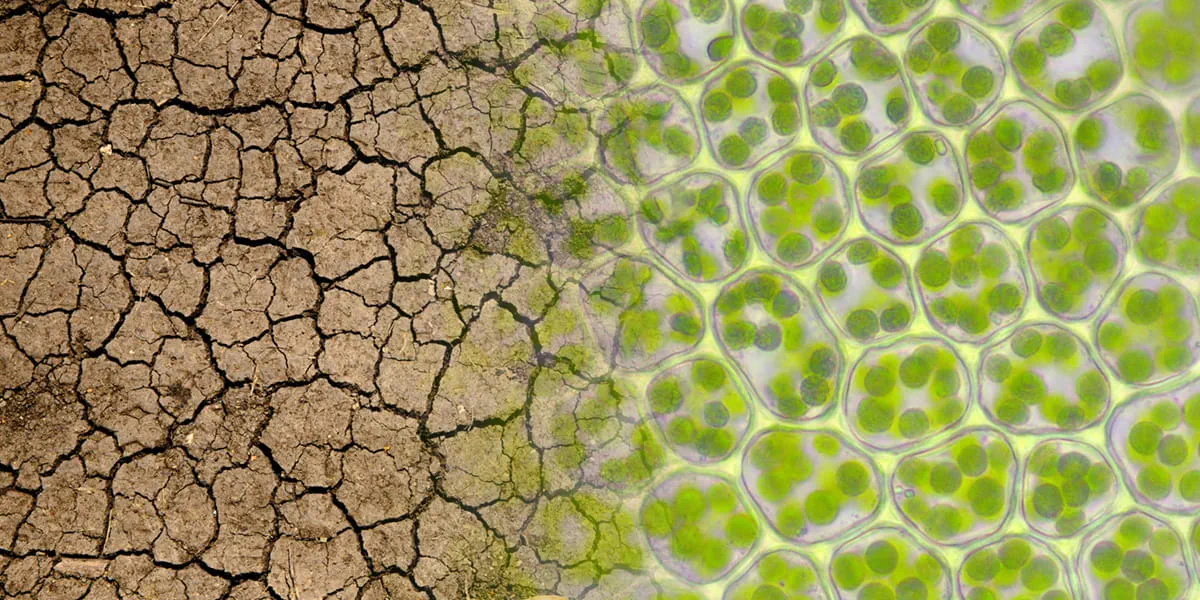
A new study underscores that we still have much to learn regarding how plants will function — and how nutritious they will be — as more carbon enters our atmosphere.

A new study underscores that we still have much to learn regarding how plants will function — and how nutritious they will be — as more carbon enters our atmosphere.
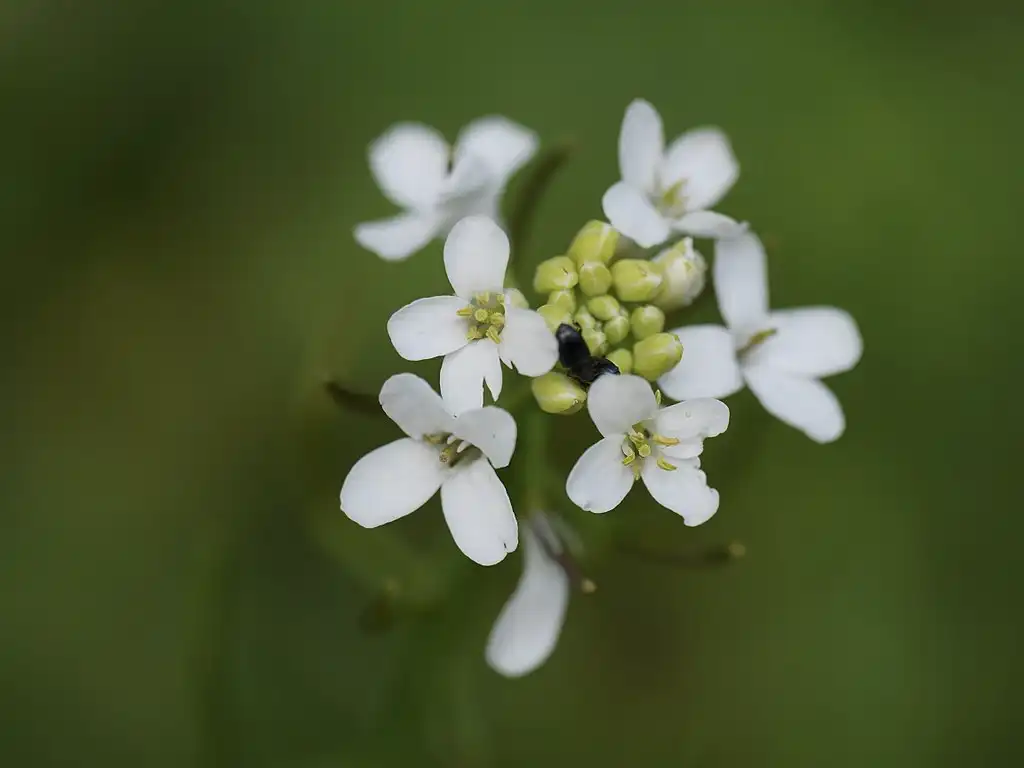
In plants, the cells that form the internal structure of leaves start out as tightly compacted spheres in the early stages of leaf development. As the leaf develops and expands, these cells take on new shapes and loosen up. Yet the leaf’s microstructure remains robust and intact.
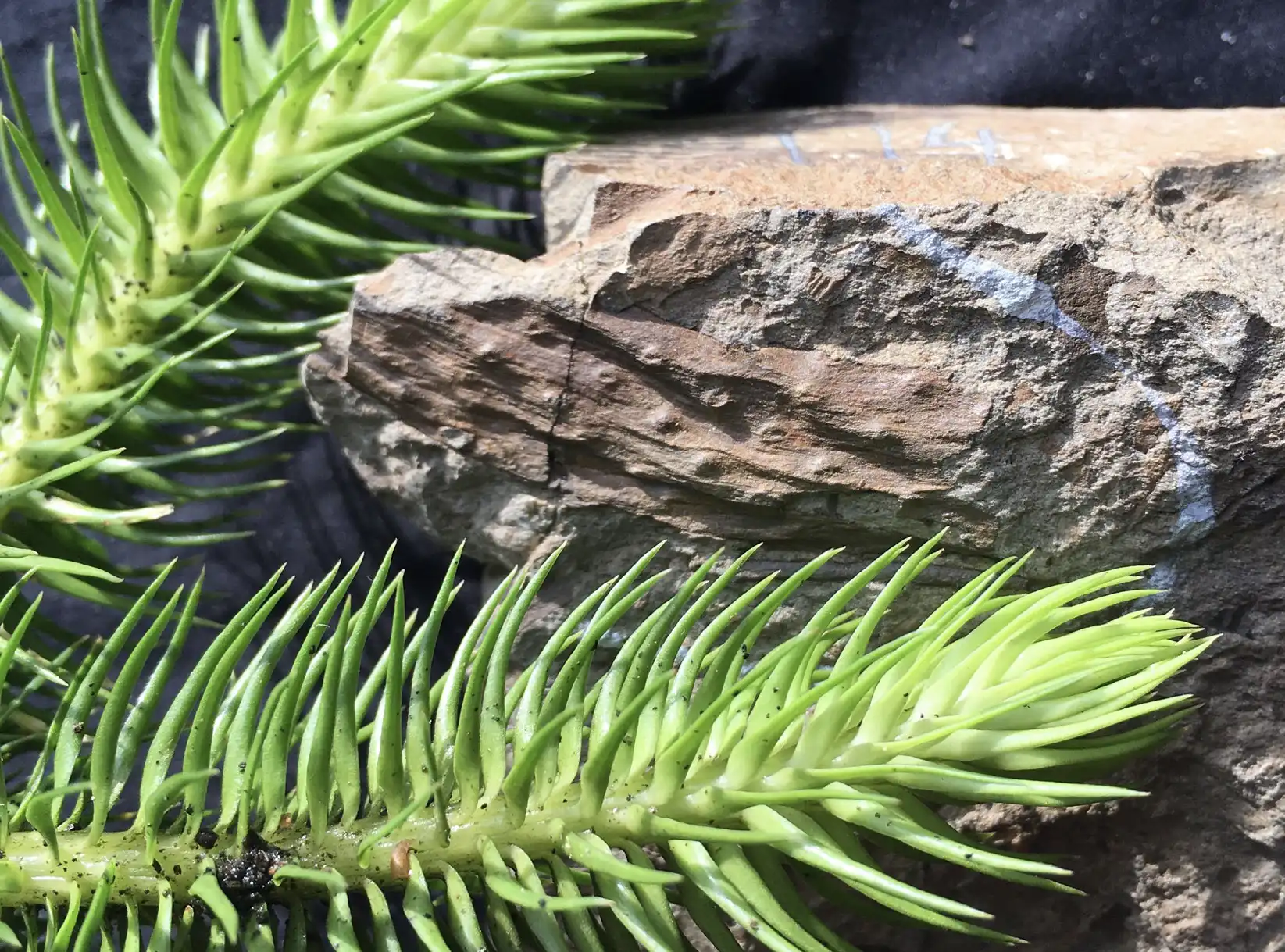
Scientists have discovered that the atmosphere contained far less CO2 than previously thought when forests emerged on our planet, the new study has important implications for understanding how land plants affect the climate.
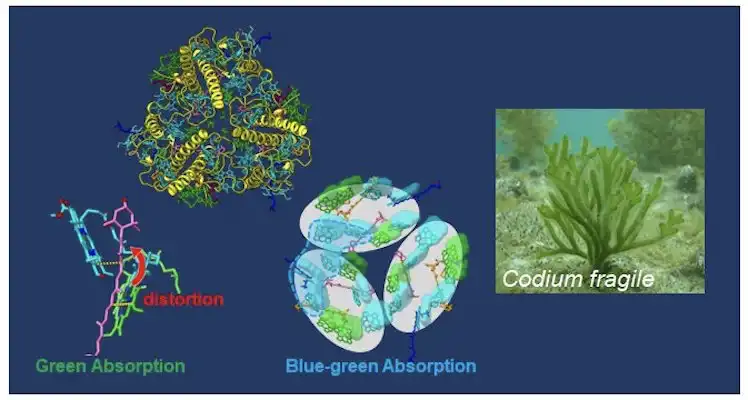
Scientists use cryogenic electron microscopy to investigate how the marine green macroalga Codium fragile photosynthesizes.
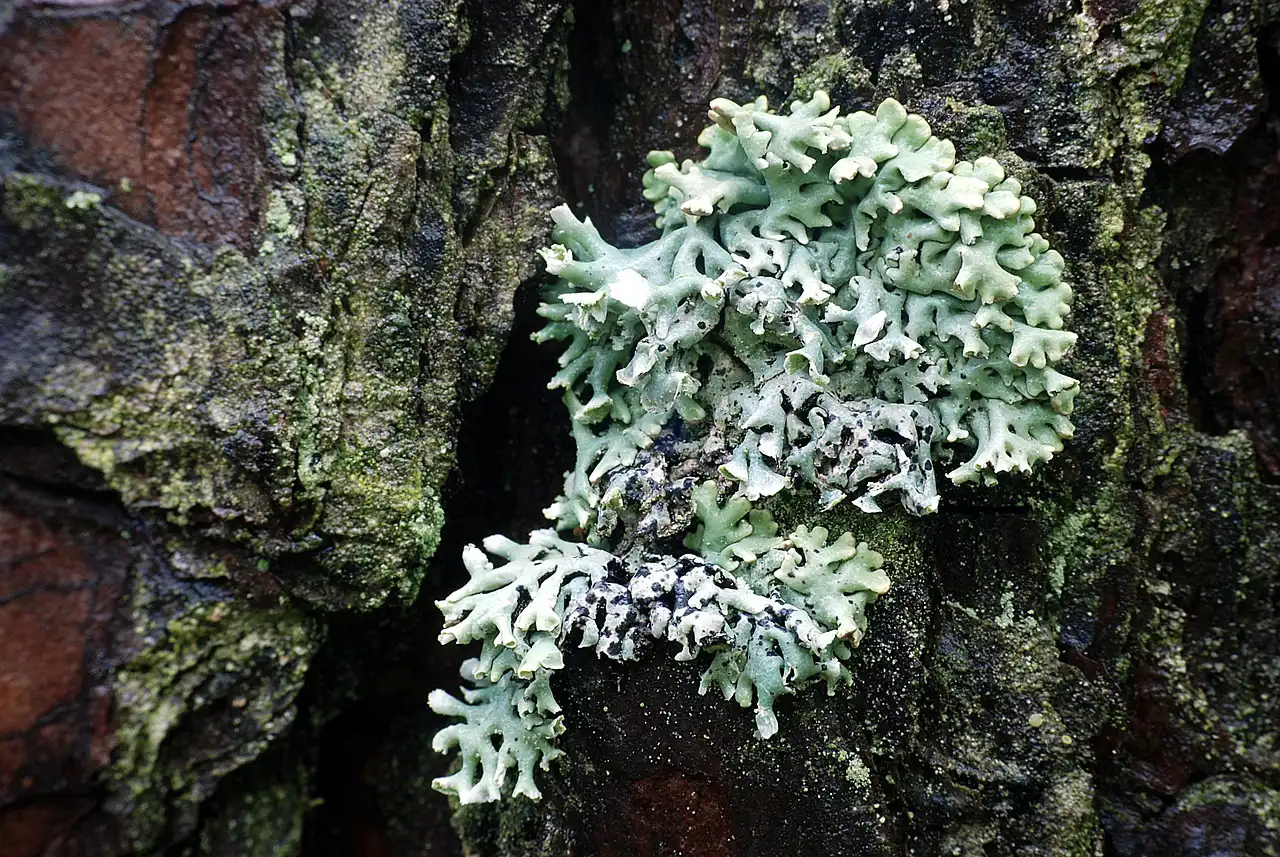
An international research team has investigated the potential impacts of climate change on non-vascular vegetation (mosses, lichens) and their functions in ecosystems worldwide. Based on this, the researchers have developed a concept paper proposing the next important steps for the research field.
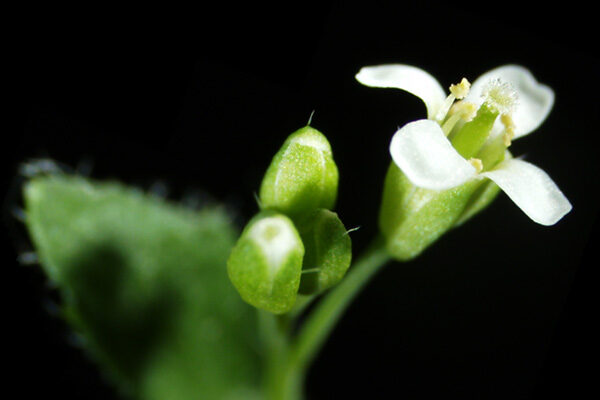
Iron is a critical micronutrient for the survival of plants and humans, yet too much iron can also be toxic. An interdisciplinary research team has discovered that the protein PATELLIN2 is not only involved in regulating iron levels in plants. PATELLIN2 is one of a group of proteins that are also involved in the transport of vitamin E in humans. The researchers are now presenting the results, which are also important for supplying people with iron via plant foods.
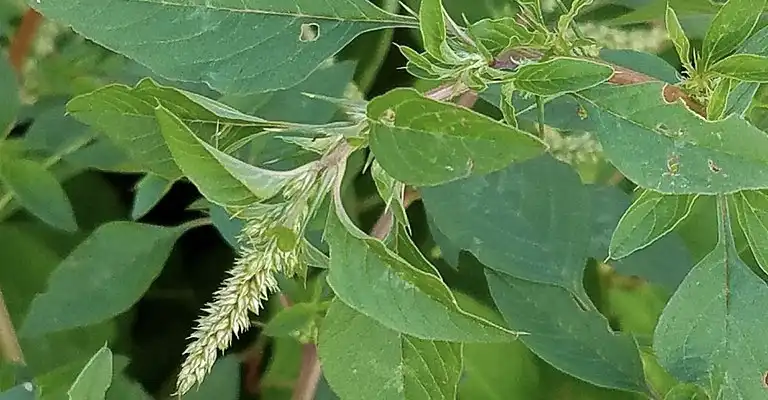
New research is showing how the rise of modern agriculture has turned a North American native plant, common waterhemp, into a problematic agricultural weed.

For spring ephemerals, timing is everything. These special wildflowers grow in temperate forests around the world, early in spring before the trees leaf out. Come out too early and it’s still winter, too late and it’s too shady under the forest canopy.
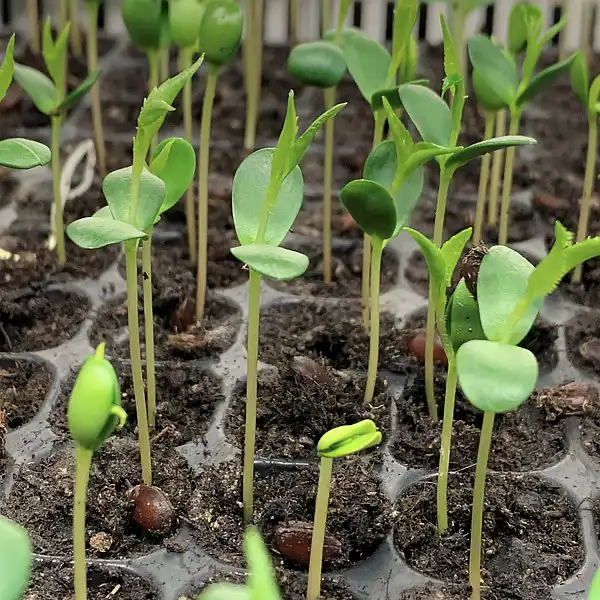
What defines us and other living organisms more strongly: genes or the environment? Only recently, researchers were able to prove experimentally that even microorganisms can be inherited from one plant generation to the next via the seed. In a new article, scientists examine the process of microbial inheritance via the seed in more detail and identify factors that significantly influence the assembly of the plant microbiome. With their basic work, the authors create an important milestone of microbiome research.
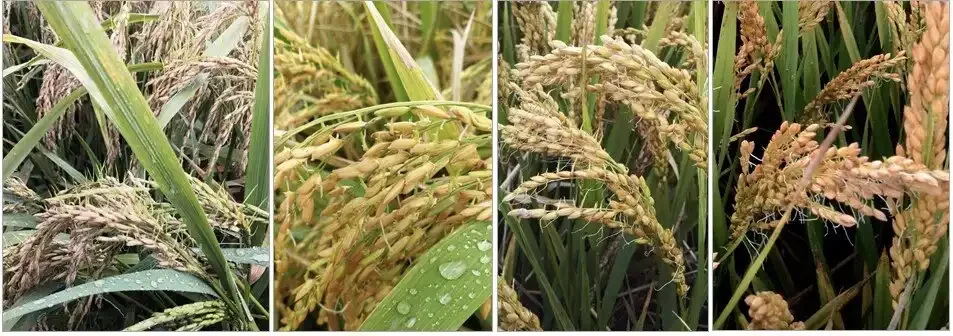
Seed dormancy is an important survival tool for plants since it allows them to weather conditions not conducive to survival. At the same time, excessive dormancy may lessen cultivation time. In response, farmers often plant low dormancy cultivars of rice and wheat in order to achieve a higher, more uniform emergence rate after sowing. Unfortunately, this practice has led to an unwanted worldwide production problem called pre-harvest sprouting, which severely reduces both grain yield and quality.